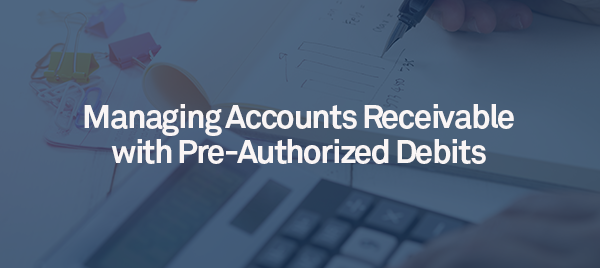A discussion taking place among people involved in improving the payment system is whether the emphasis should be on instant or same day credit of payments. The answer is that electronic payment systems and rules should have the flexibility to provide both methods depending on the type of billing the business engages in.
Businesses such as utilities that bill monthly will likely want a daily file of payments that can easily and accurately be imported into their accounts receivable system. They want one file of payments for the day and one credit to their bank account to cover the payments.
Businesses that must deliver their goods instantly, on the other hand, must get their payments at the time of delivery. Retail sales would be an example. They reconcile their bank by matching their sales to their deposits at each of their sales points. Today, they get instant payment by cash, credit or debit card. What they want is less expensive payment mechanisms than credit cards especially. Cash and debit cards fill that requirement now except in the case of internet purchases. We foresee the digital wallet will be able to meet that need for instant, guaranteed funding of such purchases.
The Department of Finance has the aim of increasing competition and innovation in the payment field. Telpay hopes to continue to aid in achieving those goals.




